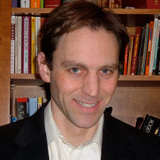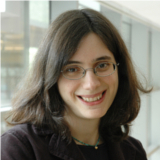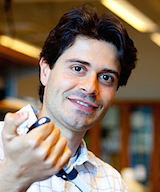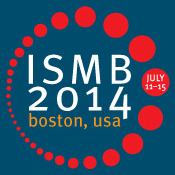Confirmed invited speakers

Chris B. Burge, PhD
Professor of Biology; MIT, Thomas D and Virginia W Cabot Career Development Professor.
Chris studies mechanisms of posttranscriptional gene regulation using a combination of computational and experimental methods. Long-term goal is to understand the RNA splicing code: how the precise locations of exons and splice sites are identified in primary transcripts, and how this code is altered in cell- and condition-specific alternative splicing.

Kristen W. Lynch, PhD
Professor of Biochemistry and Biophysics; University of Pennsylvania.
Kristen is focused on understanding the biochemical mechanisms and regulatory networks that control alternative splicing in response to antigen-challenge of the human immune system. In addition, Kristen's Lab is working to characterize the physiological consequences of this mode of gene regulation.

Aviv Regev, PhD
Associate Professor; Broad Institute, MIT, Howard Hughes Medical Institute.
Aviv is interested in biological networks, gene regulation and evolution. Aviv focuses on dissecting complex molecular networks to determine how they function and evolve in the face of genetic and environmental changes, in differentiation, evolution and disease.

Quaid Morris, PhD
Associate Professor; The Donnelly Centre, University of Toronto.
Morris uses machine learning and statistical modeling to help decode the human genome. Morris focuses on two core research areas: deciphering the regulatory code for gene expression and predicting the biological function of genes and proteins.

Christina Leslie, PhD
Associate Member; Sloan-Kettering Institute, Memorial Sloan-Kettering Cancer Center.
Christina's lab develops novel computational methods to study cellular biological systems from a global and data-driven perspective. Using high-throughput functional and genomic data the lab studies transcriptional regulation, pre-mRNA processing (e.g., polyadenylation), signaling, and post-transcriptional gene silencing (e.g. miRNA) . A related focus of the lab is cancer systems biology.

John Calarco, PhD
Bauer Fellow; FAS center for Systems Biology, Harvard University.
Research in John's group study alternative splicing regulatory networks in the developing and mature nervous system using both mammalian systems and C. elegans. To pursue these questions they use a combination of biochemical, cell biological, classical and molecular genetic approaches as well as genome-wide analyses.
